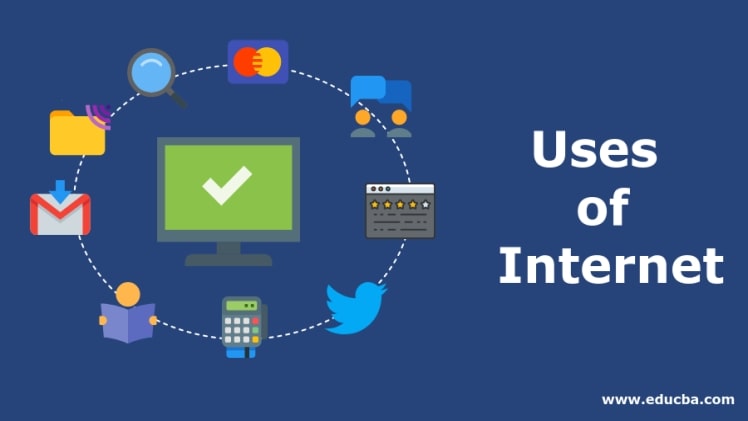Few people would question the tremendous impact the web, computers, and technology have had on today’s world. From email and browsing to business apps, Big Data, and the impending Internet of Things (IoT), web-based tech has transformed our business and social lives changing everything from how we communicate to how we shop, socialize and view media.
However, as the web enters its fourth decade, internet-savvy users are coming to expect more from websites than a simple one-way, passive experience. Today, we want more from our time spent online – a greater, more interactive, and useful experience.
An intro to web applications
While you may not realize it, you likely use web apps daily for everything from web-based email systems like Gmail to Google Docs to Dropbox and instant messaging apps. Our modern-day internet is chock full of web application development services that make the web more functional, more useful, and more fun.
The benefits of web apps
Web applications are rather like the software tools we all use on a daily basis on our laptops, desktops, and mobile devices, just with one major and massively crucial difference – they aren’t stored locally. Rather, a web app is stored and run on a remote server, a process that offers multiple benefits:
- As web apps don’t require to be installed locally, there are no storage implications for the user
- Web apps can draw on the (often considerable) processing capabilities and space of more powerful, capacious machines
- Unlike mobile applications, there are no compatibility issues (e.g., iOS vs Android) – all users are served the same software through a browser
- Web apps are easier to maintain and support since they are held and run remotely rather than causing potential conflicts on users’ machines
- A web app can be accessed anywhere the user can find an internet connection – which, given we pretty much all use mobile devices these days, means more or less anywhere
- Web apps can be developed independently of Operating Systems, local hardware considerations, etc
- A web app pretty much eliminates the piracy problems encountered by developers of installable software
- Web applications can be provided on a subscription basis which could earn the development company (or, in most cases, commissioning company) significant revenue.
Examples of web apps you already likely use
To get a better idea of just how web apps work (plus the benefits they can bring), it’s perhaps easiest to consider some of the better-known programs already available – many of which you probably use already:
Contact forms: At the simplest end of the spectrum, the last contact from you filled in is an example of an extremely basic web application where the page collected data, parsed it then transferred it to the site owner
Online email apps: Popular web-based email platforms like Gmail and Yahoo are web applications
File-sharing apps: Dropbox, WeTransfer, Google Drive, etc. – all web apps
Video and photo editing apps: Any website you visit on a browser that allows photo/video editing capabilities – for example, photopea.com
Collaborative work apps: For example, Google Docs, where multiple users can work on and share the same documents
Visit here : zonepage.net
Click here : zeepost.org
Visit this site : f95zoneusa.org

